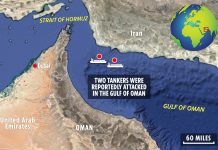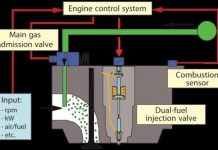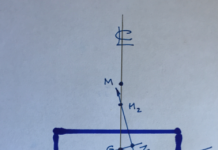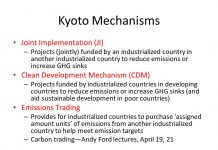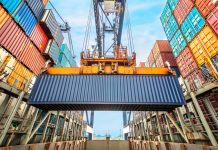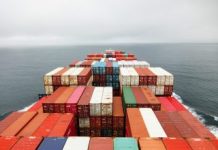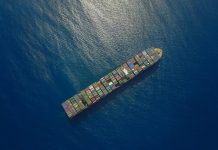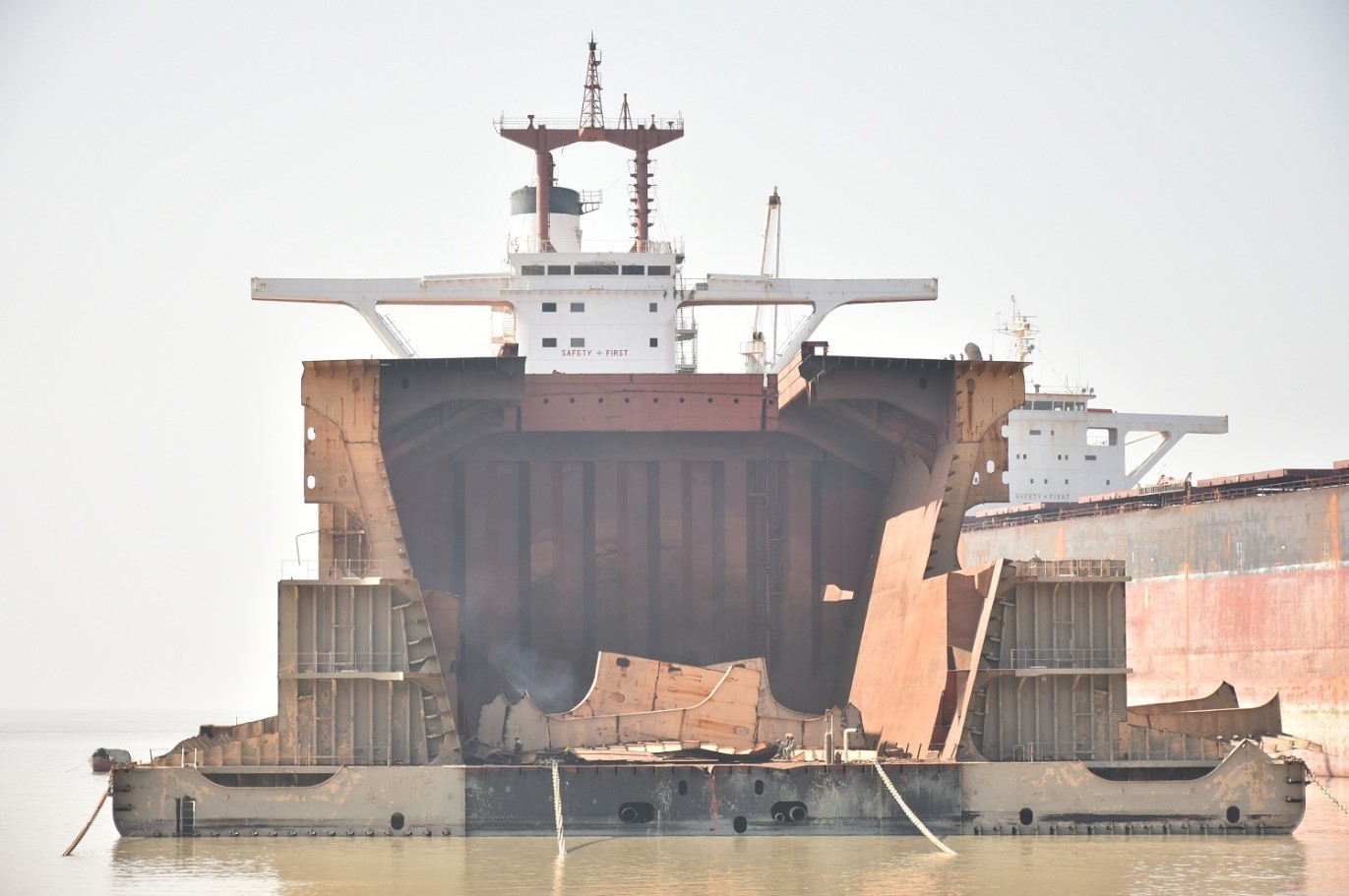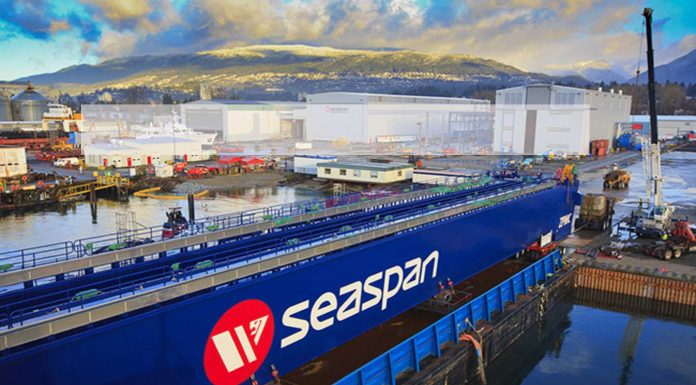Launching of the second phase of an IMO-implemented project to enhance safe and environmentally sound ship recycling in Bangladesh was carried out at a meeting of the stakeholders in Dhaka, Bangladesh.
The Government of Norway has funded US$1.1 million agreement to the 19-month project. It targets on building capacity in Bangladesh to establish a legal, policy and institutional reform roadmap towards extension to the Hong Kong International Convention for the Safe and Environmentally Sound Recycling of Ships (known as the Hong Kong Convention), and will prepare several stakeholders within a well-functioning training system.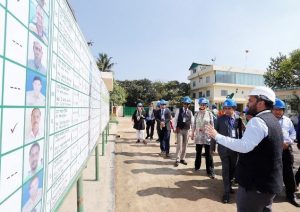
The project will be shaped on the first phase of the Safe and Environmentally Sound Ship Recycling in Bangladesh (SENSREC) Project, which leaded to economic and environmental studies on ship recycling in Bangladesh.It also led towards the expansion of training materials, the capacity building plans, an introductory design for infrastructure containing facilities for treatment, storage and disposing of dangerous residues generated from recycling processes.
Ms Sidsel Bleken, Ambassador of Norway to Bangladesh, spotted the significant progress made and their support for phase II of the project. “The first phase of the project has accomplished significant advancement in terms of developing health, safety and environmental guidelines as well as developing proper training programs for the industry stakeholders counting its workers too.
Norway is gratified to launch phase II of the project and to continue backing Bangladesh on its way to compliance with the Hong Kong Convention. The Government of Bangladesh, the ship recycling business as well as the global ship-owners, have a combined responsibility in making this happen.”
Bangladesh is under world’s leading five ship recycling countries by capacity, close to China, India, Pakistan and Turkey. Ship recycling is the key for the regional economy and produces abundant quantities of steel and other materials which are recycled and further sold on.
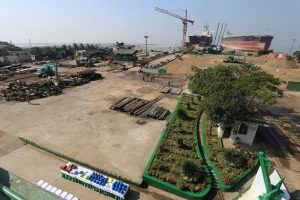 Bangladesh ship recycling – SENSREC Phase II Project
Bangladesh ship recycling – SENSREC Phase II Project
The SENSREC Phase II Project will persist to support Bangladesh to abide by with global requirements and guide Bangladesh towards extension to the IMO ship recycling treaty, namely the Hong Kong Convention.
The Hong Kong Convention sets the global guidelines for ship recycling and, when in force, it will assure that ships do not pose any irrelevant risks to human health, safety or the environment when being reused at the end of their operational lives.
Bangladesh will be aided to build the capacity to form and implement a legal, policy and institutional roadmap towards extension to the Hong Kong Convention. Several stakeholders will be prepared within a well-functioning training system to lay the bedrock for an effective and sustainable training programme for the ship recycling industry in Bangladesh.
The Project consists of two core workpackages
The first focuses on developing the national capacities to prepare for extension to the Hong Kong Convention, over three interconnecting actions: assessing the current situation; surveying current finest practices in other ship recycling nations; and identifying recommendations and a roadmap to advise the Government of Bangladesh towards extension to the Hong Kong Convention.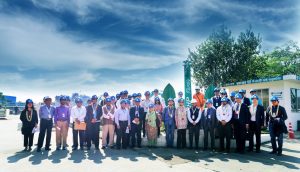
The second work package will provide targeted pilot training activities with respect to the Hong Kong Convention requirements, building a robust training management and a governance system and delivering training activities developed for several stakeholders and workforces. Waste management criteria’s will be addressed by two training workshops, which will be backed by the Secretariat of Basel, Rotterdam and Stockholm Conventions (BRS), the treaties that aim to guard human health and the surrounding from the dangerous chemicals and wastes. IMO is under the role of an agency that is implementing and executing the project, working jointly with the Ministry of Industries of the Government of the People’s Republic of Bangladesh as the national executing partner.





